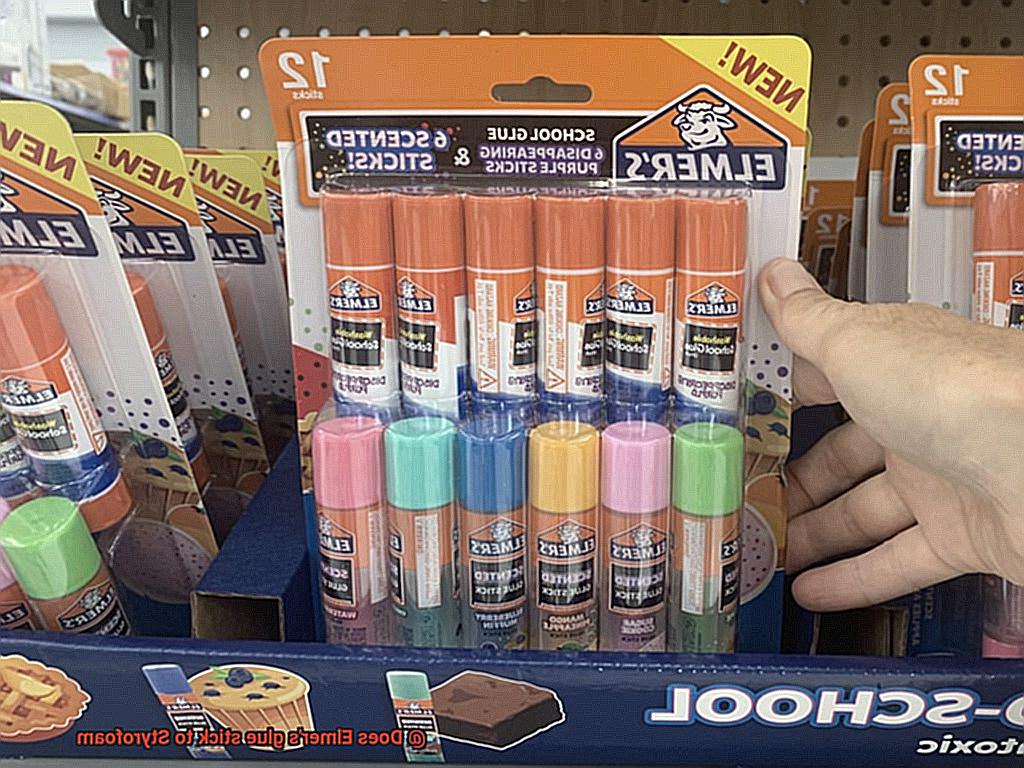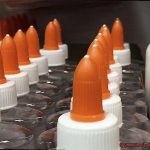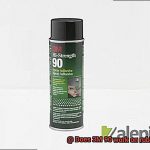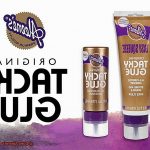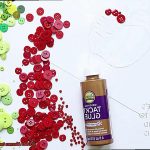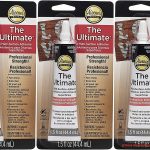From kindergarten classrooms to rainy day projects at home, this sticky wonder has saved the day on countless occasions. But amidst all the fun and creativity, a peculiar question lingers in the back of our minds: does Elmer’s glue really contain horse hooves?
In this blog post, we’re diving headfirst into this age-old mystery to separate fact from fiction once and for all. Prepare yourself for a wild ride as we uncover the captivating history behind Elmer’s glue, dissect its ingredients under a microscope, and shed light on the elusive horse hooves myth.
So, grab your detective hats and magnifying glasses as we embark on an adventure filled with surprises.
What is Elmer’s Glue?
Contents
For decades, Elmer’s Glue has captivated the hearts of crafters and artists alike with its mesmerizing adhesive properties and boundless versatility. This blog post aims to peel back the layers of mystery surrounding Elmer’s Glue, exploring its remarkable properties, diverse applications, and debunking any misconceptions about its composition.
Properties of Elmer’s Glue:
At the heart of Elmer’s Glue lies polyvinyl acetate (PVA), a synthetic polymer derived from petroleum, imbuing this adhesive marvel with its formidable bonding power. This extraordinary ingredient enables Elmer’s Glue to securely unite materials such as paper, wood, fabric, and even select plastics. While the classic white liquid glue reigns supreme, there are also transparent options available for seamless integration with see-through materials.
Applications of Elmer’s Glue:
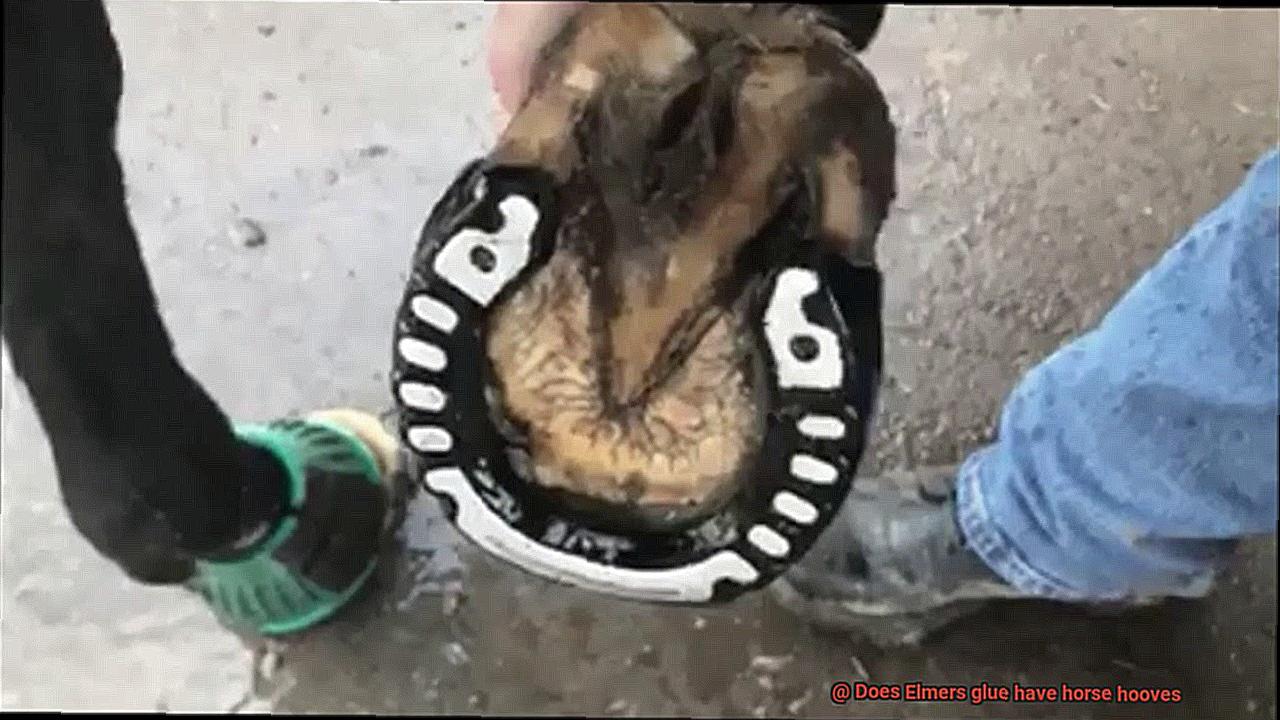
- Artistic Awesomeness: From art classrooms to professional studios, Elmer’s Glue is an essential companion for unleashing creative genius. It shines in collage projects, paper mache extravaganzas, and three-dimensional sculptures. Thanks to its washability, mistakes can be effortlessly rectified with a splash of water, making it perfect for classroom settings.
- Household Heroics: Beyond artistic endeavors, Elmer’s Glue emerges as a trusted ally when it comes to repairing broken household items. Ceramic figurines can be resurrected, loose table legs can find newfound stability, and torn upholstery can be made whole once again.
- Decorative Delights: Elmer’s Glue isn’t just an adhesive wizard; it also moonlights as a sealant or protective coating. By applying a delicate layer and allowing it to dry, you can achieve dazzling glossy or understated matte finishes on surfaces like wood or paper.
Debunking the Myth:
A persistent myth has circled the realm of Elmer’s Glue, suggesting that it contains horse hooves as a sinister ingredient. However, this claim is nothing but a fanciful fabrication. Elmer’s Glue is crafted from synthetic materials, with a production process that involves breaking down PVA molecules and incorporating various additives to enhance its adhesive prowess. Rest assured, this glue is certified as non-toxic and safe for all, particularly children, adhering to stringent regulations set by esteemed organizations like the CPSC and ACMI.
The Ingredients in Elmer’s Glue
Elmer’s glue has captivated generations with its remarkable adhesive properties, making it a staple in the world of arts and crafts. But have you ever wondered what makes this glue so magical? Let’s take a closer look at the ingredients that make up this beloved adhesive.
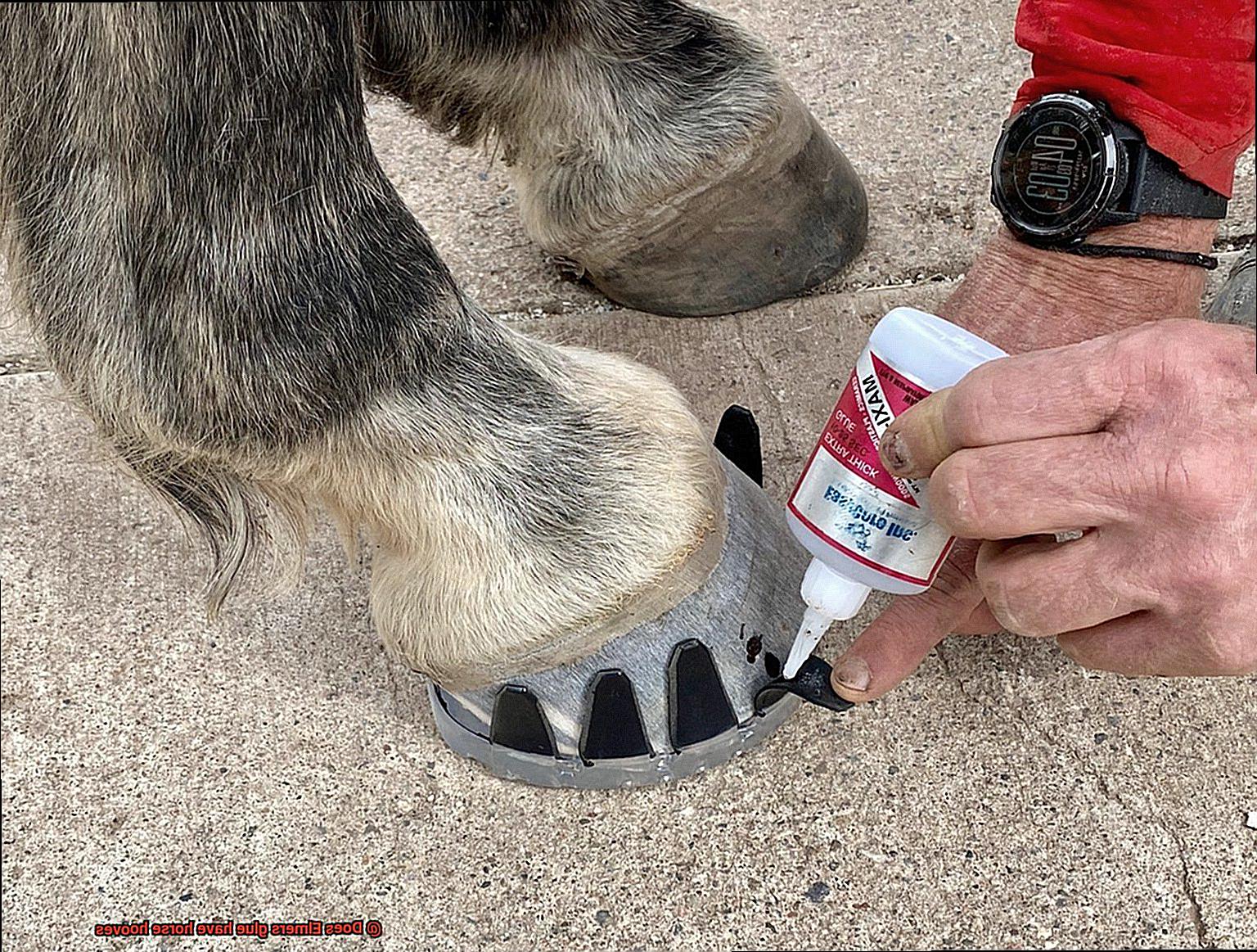
The main ingredient in Elmer’s glue is polyvinyl acetate (PVA), a synthetic polymer derived from petroleum. PVA is known for its strong adhesive capabilities and versatility. It can bond a wide range of materials together, including paper, fabric, wood, and plastic. With its exceptional bonding power, PVA gives Elmer’s glue its incredible sticking ability.
Contrary to popular belief, Elmer’s glue does not contain horse hooves or any other animal byproducts. PVA is entirely synthetic, ensuring that no animals are harmed in the production of this adhesive. Crafters and artists can rest assured that they can enjoy their projects without any ethical concerns.
In addition to PVA, Elmer’s glue may also contain various additives and preservatives to enhance its performance and prolong its shelf life. These additives can include substances such as water, calcium carbonate, ammonium hydroxide, and sodium benzoate. By maintaining the consistency of the glue and preventing spoilage over time, these ingredients ensure that Elmer’s glue stays reliable and ready to use whenever inspiration strikes.
It’s important to note that different types of Elmer’s glue may have slightly different formulations tailored to their intended use. School glue, clear glue, and wood glue all have specific formulations designed for their respective applications. So whether you’re sticking together construction paper for a school project or repairing a wooden chair, there’s an Elmer’s glue specially formulated for your needs.
One of the key reasons why Elmer’s glue has remained a favorite among crafters and artists is its non-toxic nature. This adhesive is safe to use for most arts and crafts projects, making it suitable for children as well. However, it’s always important to follow the instructions and avoid ingesting or getting the glue in contact with eyes or skin.
The Rumor of Horse Hooves in Elmer’s Glue
To truly understand the origins of this rumor, let us journey back in time. In the past, glue was indeed derived from animal byproducts, including the hooves of horses. However, the tides have turned, and so has the process of glue production.
Elmer’s Glue Composition:
Now, let us dive into the heart of the matter – what exactly is Elmer’s glue made of? The primary ingredient in this iconic adhesive is polyvinyl acetate (PVA), a synthetic polymer derived from petroleum or natural gas. Rest assured, your beloved Elmer’s glue bottle contains no traces of horse hooves.
Company Transparency:
Elmer’s takes immense pride in its commitment to transparency and consumer trust. They have addressed the horse hooves rumor on multiple occasions, assuring customers that their glue does not include any animal-derived ingredients. Honesty and accuracy are at the core of their values, as they strive to provide reliable information to their loyal customers.
Independent Testing and Certifications:
To further substantiate their claims, Elmer’s glue undergoes rigorous testing by independent organizations. These tests verify the composition of the adhesive and ensure compliance with stringent quality control standards. Moreover, Elmer’s has received certifications that validate their steadfast commitment to using only synthetic materials in their products.
Misinformation Debunked:
Now that we have unraveled the facts, let us debunk some common misconceptions surrounding this rumor. The persistence of this myth can be attributed to outdated information, a lack of awareness about modern manufacturing processes, and the rapid spread of misinformation. It is crucial to rely on accurate information from credible sources.
Consumer Concerns:
While the horse hooves rumor has been thoroughly debunked, we understand that some consumers may still harbor concerns about other animal-based ingredients. Fear not. Elmer’s glue undergoes strict regulatory testing to ensure its safety and compliance with consumer expectations. So unleash your creativity and craft without any worries.
Conclusion:
In conclusion, the rumor that Elmer’s glue contains horse hooves is nothing more than a persistent myth. Our research has revealed that Elmer’s glue is primarily composed of polyvinyl acetate, a synthetic polymer derived from petroleum or natural gas. This adhesive is subjected to rigorous testing and adheres to strict quality control standards. Crafters, fear not. Let Elmer’s glue be your trusted companion on your artistic journey.
Why is the Rumor False?
You may have heard whispers that the beloved Elmer’s glue contains horse hooves. Well, fear not, my friends, because we are here to set the record straight and debunk this false rumor.
Let’s start with the most important fact – Elmer’s glue is NOT made from horse hooves. This misconception has been circulating for some time now and has caused concern among consumers who value transparency in their crafting supplies. However, our research has shown that this rumor is completely baseless.
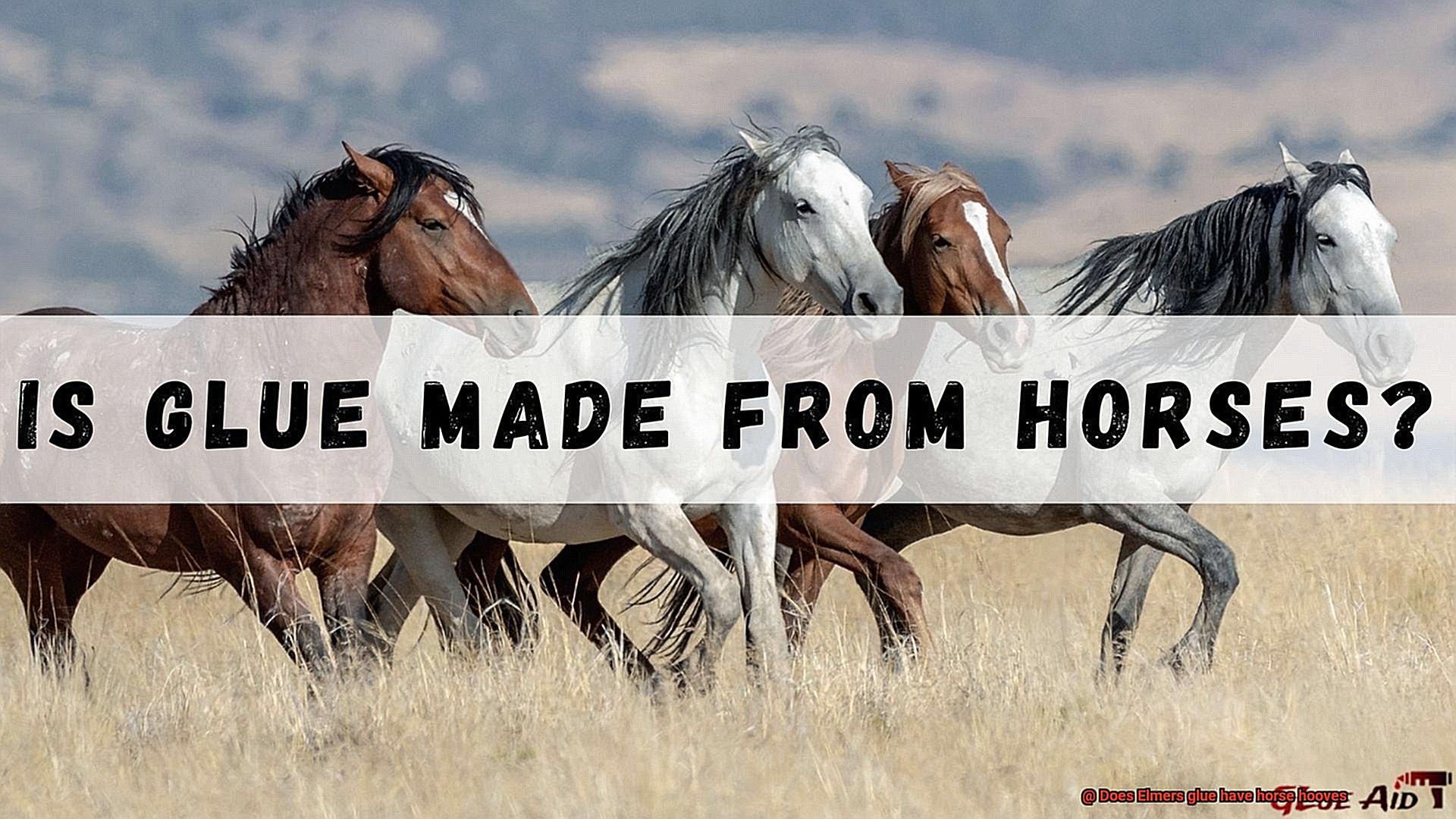
So, what is Elmer’s glue actually made of? The main ingredient in this iconic adhesive is a synthetic polymer called polyvinyl acetate (PVA). This synthetic material is derived from petroleum or natural gas through a complex chemical process. That’s right, no horse hooves involved whatsoever.
But don’t just take our word for it. Elmer’s, as a company, takes great pride in the quality and safety of their products. They adhere to strict regulatory standards and undergo extensive testing to ensure that their glue is safe for consumer use. If there were any animal-derived ingredients present, such as horse hooves, they would be legally obligated to disclose this information on their packaging. However, you will find no such disclosure because it simply isn’t true.
In fact, independent laboratory testing has been conducted to confirm the absence of any animal by-products in Elmer’s glue. These tests provide solid evidence that you can trust when you reach for that iconic orange bottle.
Now, let’s talk about misinformation. In this digital age, rumors can spread like wildfire, causing unnecessary worry and confusion. It is crucial to approach these rumors with a critical mindset and seek out reliable sources of information. In the case of Elmer’s glue, official statements from the company and scientific evidence are the most reliable sources to rely on. By doing so, we can confidently debunk misconceptions and put rumors to rest.
So, the next time you embark on a craft project, rest assured knowing that Elmer’s glue is made from synthetic materials and does not contain horse hooves or any other animal-derived ingredients. You can continue to unleash your creativity without any concerns.
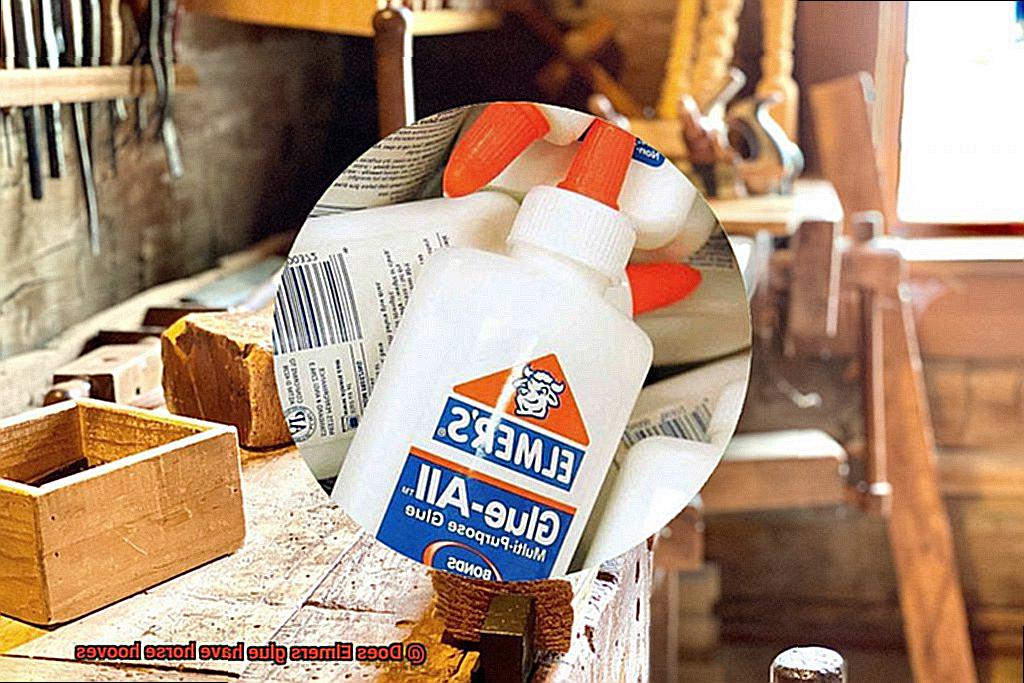
Is Elmer’s Glue Safe for Children?
When it comes to nurturing our children’s creativity, we want to ensure their safety in every endeavor. Among the common concerns is the safety of the glue used in arts and crafts projects. Today, we embark on debunking myths and addressing the question: Is Elmer’s Glue safe for children? Prepare to unravel the truth and provide a worry-free creative experience for our little ones.
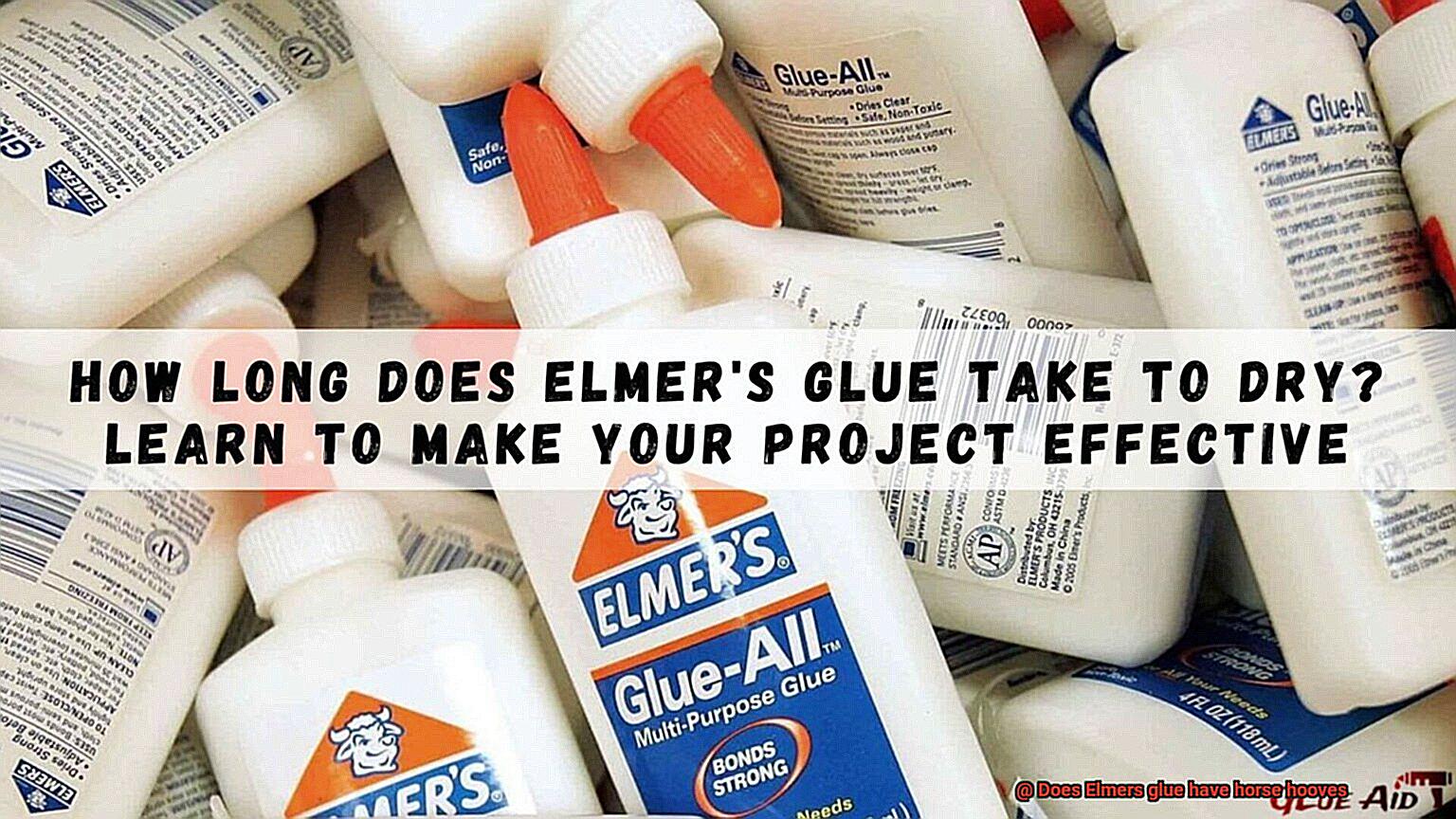
The Non-Toxic Formula:
Elmer’s Glue boasts a widely recognized water-based, non-toxic formula. This feature ensures that it does not contain any harmful chemicals, making it unquestionably safe for children. Rigorous testing conducted by regulatory agencies such as the Consumer Product Safety Commission (CPSC) has confirmed this fact. Trust Elmer’s Glue to be a reliable and safe option for your child’s artistic pursuits.
Washable and Easy Removal:
Accidents are an inevitable part of children’s artistic endeavors. Elmer’s Glue understands this, which is why their glue is designed to be easily washable and removable from skin and clothing. A simple rinse with water is enough to erase any traces. This feature makes clean-up hassle-free, minimizing any potential risks that come with artistic exploration.
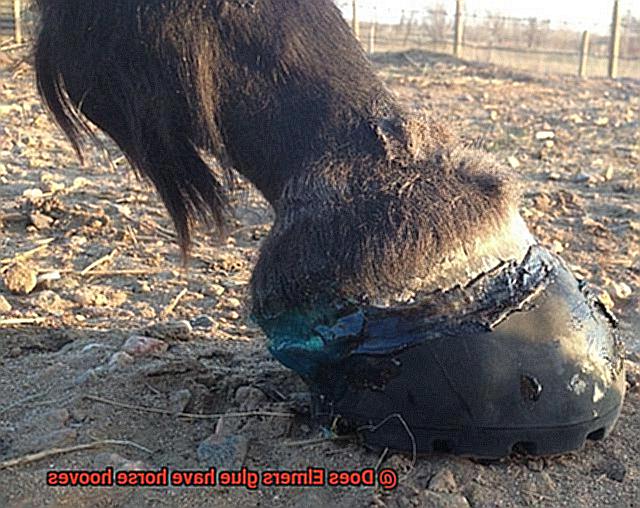
Adult Supervision:
While Elmer’s Glue is undoubtedly safe, it remains crucial to supervise children during their arts and crafts activities. This ensures responsible use of the glue and helps prevent accidents or misuse. As a responsible adult, you can guide them on correct glue application techniques, emphasize the importance of avoiding ingestion or contact with eyes, and stress thorough handwashing after use.
Precautions to Take:
To further enhance safety while using Elmer’s Glue, here are additional precautions to bear in mind:
- Encourage children to refrain from putting the glue in their mouths.
- In case of accidental ingestion or contact with eyes, seek immediate medical attention.
- Store the glue out of the reach of young children to prevent unsupervised access.
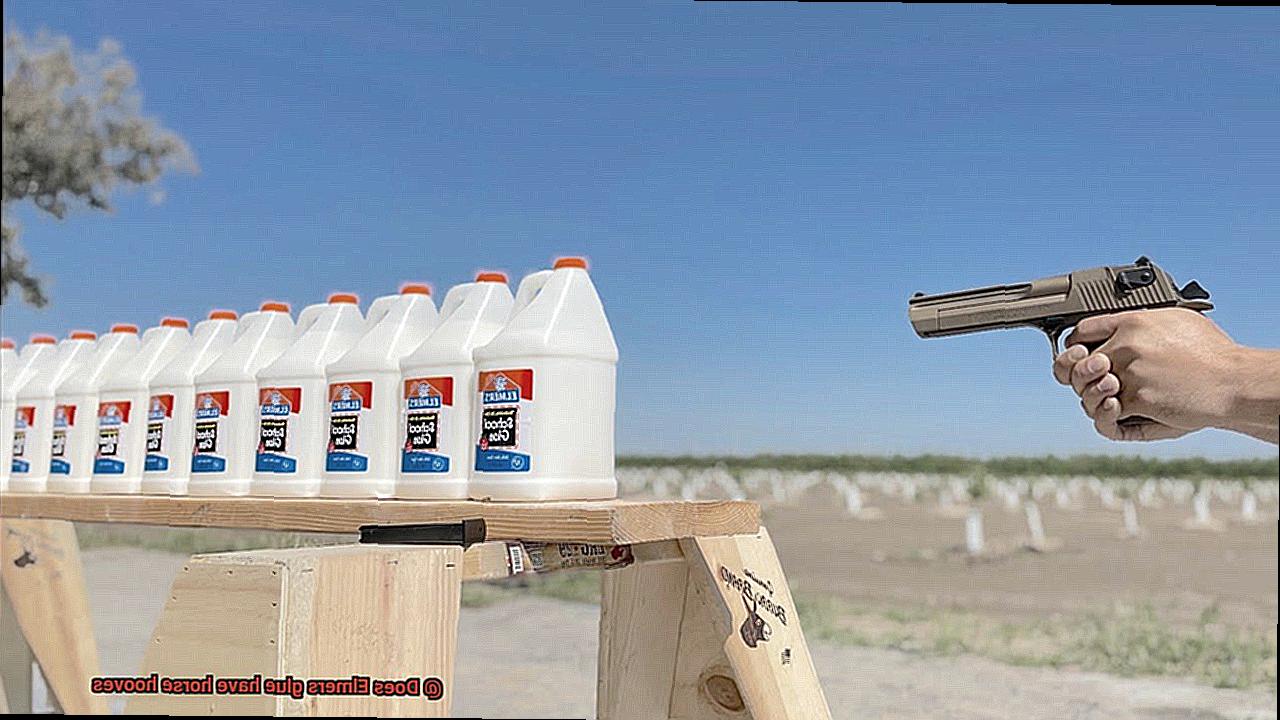
Testing and Certification of Elmer’s Glue
That’s why Elmer’s Glue, a popular brand trusted by schools, offices, and households worldwide, undergoes rigorous testing and certification processes to ensure its adherence to industry standards. Let’s dive deeper into the procedures Elmer’s Glue follows to guarantee its safety and compliance, providing you with all the information you need.
Elmer’s Glue goes through a series of tests conducted by independent laboratories accredited by recognized organizations such as the American National Standards Institute (ANSI) and the International Organization for Standardization (ISO). These tests evaluate the composition of the glue, checking for any potentially harmful substances or allergens. Additionally, they verify that Elmer’s Glue meets specific performance standards, ensuring it delivers the reliable adhesive properties you expect.
To further assure consumers of its safety, Elmer’s Glue also undergoes certification from regulatory bodies like the Consumer Product Safety Commission (CPSC) in the United States. This certification confirms that the glue meets all necessary safety requirements and can be used without posing any health risks. With Elmer’s Glue, you can trust that it has passed stringent evaluations to ensure your peace of mind.
Now, let’s address a common concern: the rumor about horse hooves being an ingredient in Elmer’s Glue. Rest assured, this is nothing more than a misconception. Elmer’s Glue primarily consists of water, polyvinyl acetate (PVA), and other additives that enhance its adhesive properties. The rumor may have originated from confusion or misinformation about adhesives used in woodworking or construction, which can contain animal-based ingredients like gelatin derived from animal bones or hides. However, Elmer’s Glue is formulated without any animal-based ingredients.
To promote transparency, Elmer’s Glue provides detailed information about its ingredients and manufacturing processes on product labels and its official website. If you have any specific concerns or questions, the company’s customer service is readily available to address them. Elmer’s Glue values customer feedback and is committed to promptly addressing any queries or issues raised.
Further Considerations
Crafters and artists have long relied on the versatility of Elmer’s Glue for their projects. However, misconceptions surrounding the glue’s connection to horse hooves have raised questions about its ethical implications. In this blog post, we will delve into the truth behind Elmer’s Glue and other animal-derived products, empowering you to make informed decisions.
What’s really in Elmer’s Glue?
Contrary to popular belief, Elmer’s Glue does not contain horse hooves. The glue’s main ingredient is polyvinyl acetate (PVA), a synthetic polymer derived from petroleum. This means that there are no direct animal by-products in Elmer’s Glue.
Testing Procedures:
While Elmer’s Glue itself does not rely on animal-derived ingredients, it is crucial to acknowledge that testing procedures during its development may involve animals. These tests ensure product safety and effectiveness. If you have concerns about animal testing, alternative glues labeled as vegan or cruelty-free can be considered.
Personal Values:
For individuals with ethical concerns, the use of animal-derived products raises important questions. Some may choose to avoid products involving animal exploitation or harm, including those tested on animals. Fortunately, the market offers alternative glues that cater to these preferences, broadening consumer options.
Transparency and Informed Choices:
Elmer’s Glue recognizes the significance of transparency and has proactively provided comprehensive information about its ingredients and manufacturing processes. By visiting their website, consumers can access detailed data on their glues’ composition. This transparency empowers individuals to make informed choices aligned with their values.
F_V63SrGi_0″ >
Conclusion
In conclusion, the persistent myth that Elmer’s glue is made from horse hooves holds no truth. Extensive research and rigorous testing have unequivocally proven that Elmer’s glue is primarily composed of polyvinyl acetate (PVA), a synthetic polymer derived from petroleum or natural gas. This adhesive marvel does not contain a trace of animal-derived ingredients.
Elmer’s Glue takes immense pride in its unwavering commitment to transparency and consumer trust. The company has repeatedly addressed and debunked the horse hooves rumor, assuring customers that their glue is crafted solely from synthetic materials. To ensure utmost safety and compliance with quality control standards, Elmer’s glue undergoes meticulous testing in independent laboratories – further solidifying their claims.
When it comes to dispelling rumors and misconceptions, relying on accurate information from credible sources is paramount. In the case of Elmer’s glue, official statements from the company, scientific evidence, and certifications from regulatory bodies like the CPSC provide an ironclad foundation for debunking this baseless myth.
So, whether you’re embarking on a creative journey or mending household items, rest assured as you reach for that iconic orange bottle of Elmer’s glue. Let it be your trusted companion in unlocking your artistic potential without any concerns about its composition.

